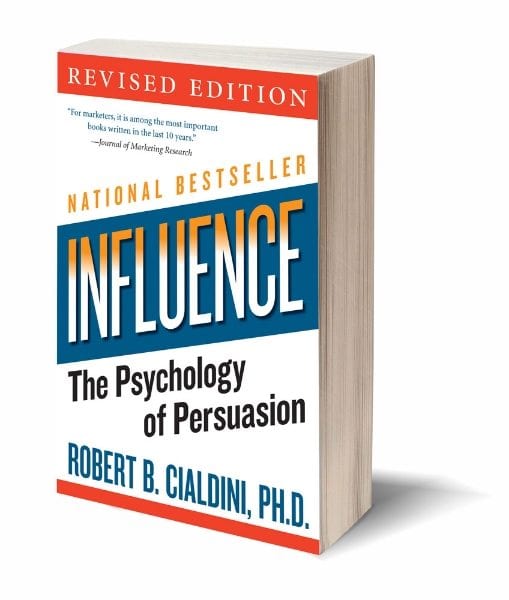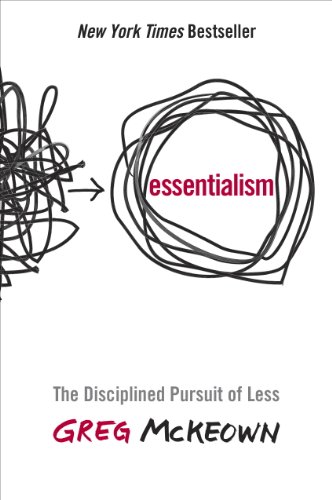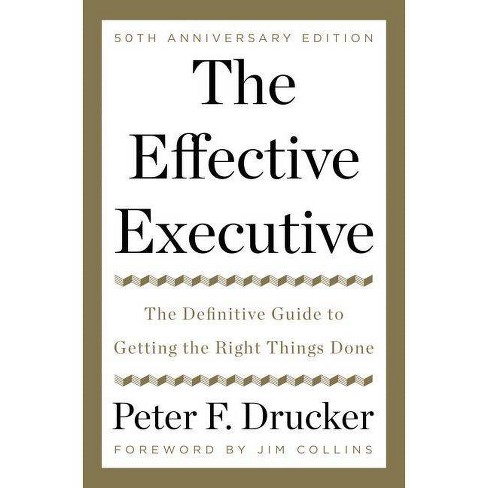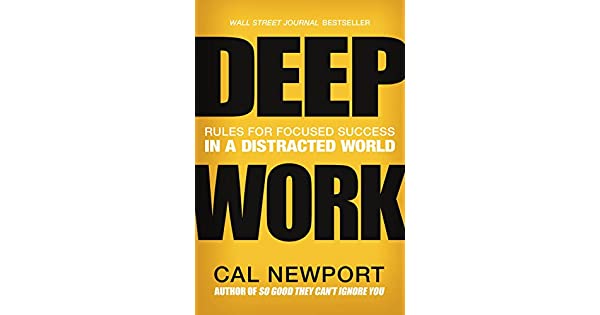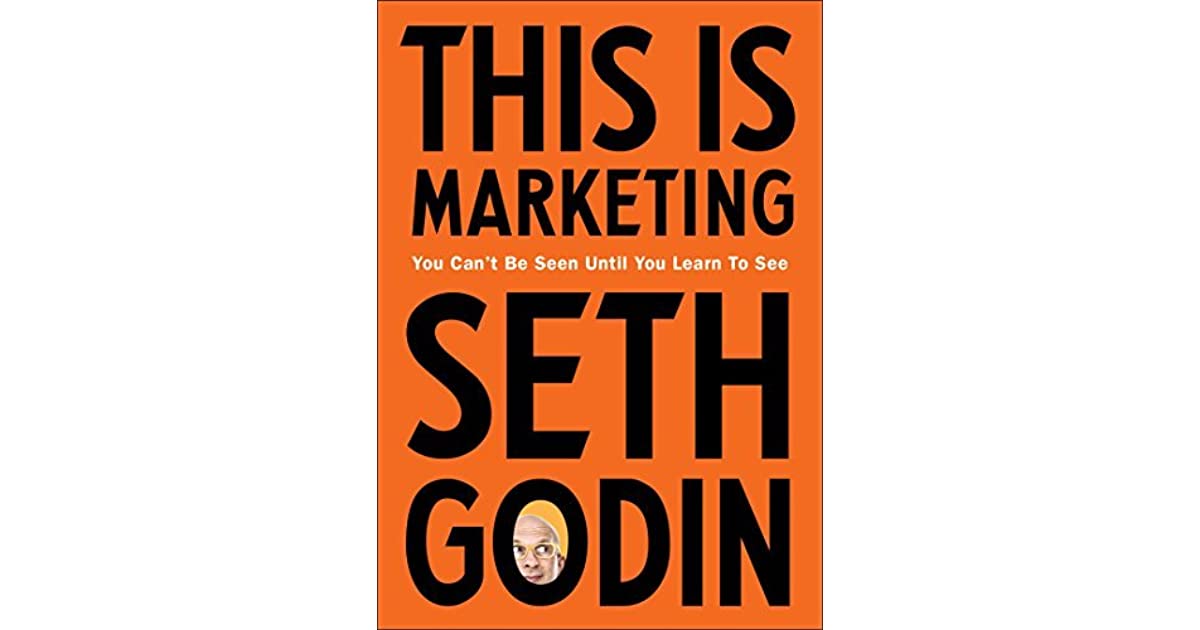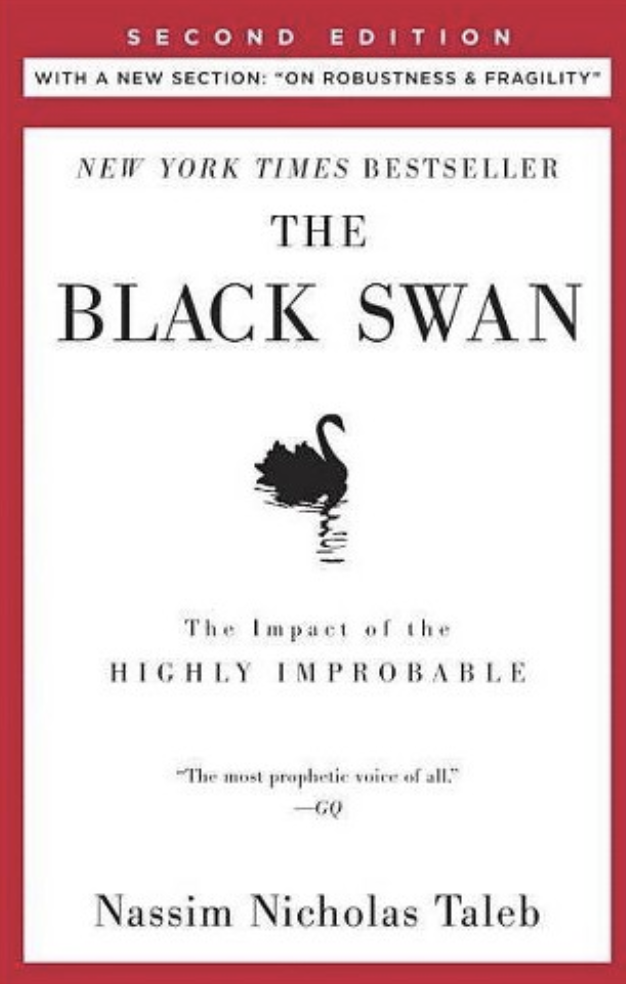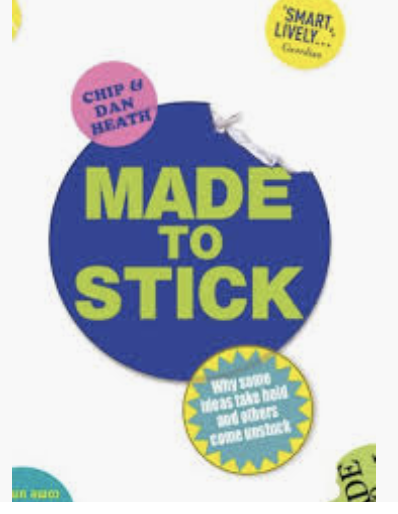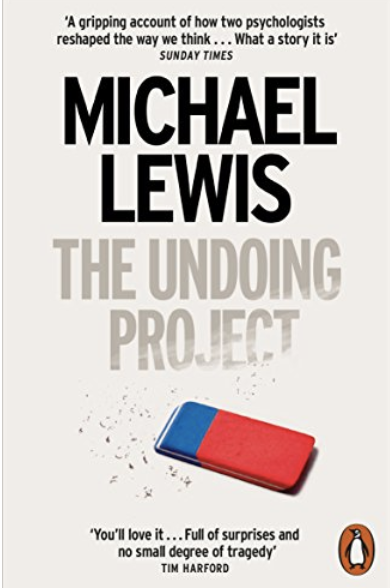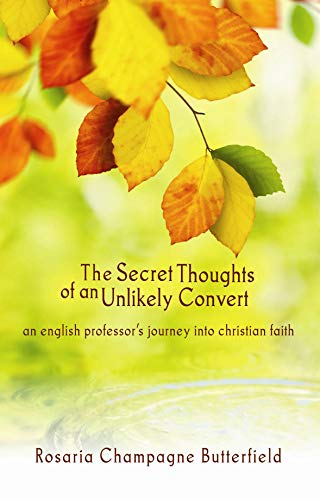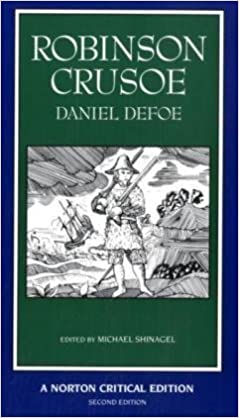Newport, Cal. Deep Work: Rules for Focused Success in a Distracted World. 2016.
I spend a lot of time thinking about how to be more productive. Cal Newport’s book Deep Work has greatly influenced my approach to productivity this year, and I wanted to offer a more formal review of a book I’ve read three times over the past few months. Computer Science is Newport’s discipline, but productivity is his domain. He was writing books about mastering college while he was still in college, and his degrees from Dartmouth and M.I.T. and professor gig in Georgetown University’s computer science department testify to his own productivity.
His thesis is that the most immersive, cognitively demanding, and rewarding work we are capable of—what Newport calls deep work—is valuable, rare, and meaningful. Deep work allows us to learn faster and produce more. Consequently, it is the master skill for twenty-first century knowledge workers. We should contrast deep work with shallow work, nearly automatable tasks that we can perform while in a state of distraction. For Newport, an example of deep work would be producing a scholarly paper (he published nine of them during the year he was writing this book) while an example of shallow work would be answering email. Newport argues that the extent to which we can cultivate the ability to work deeply will be the extent of our success.
Continue reading “Deep Work? Yes. Deep Worth? Maybe.”

